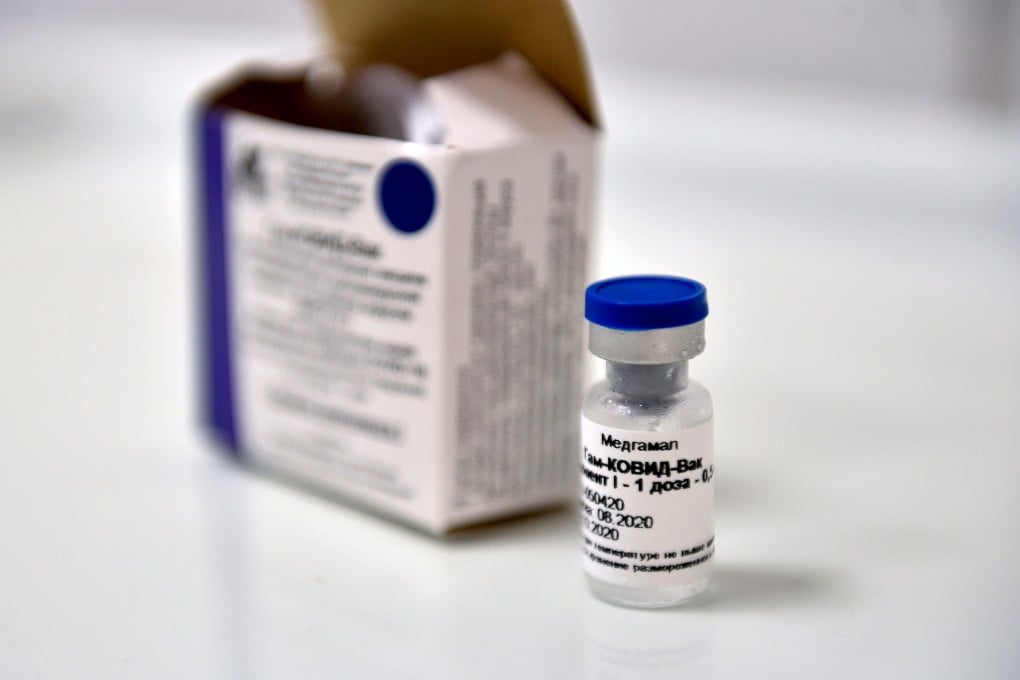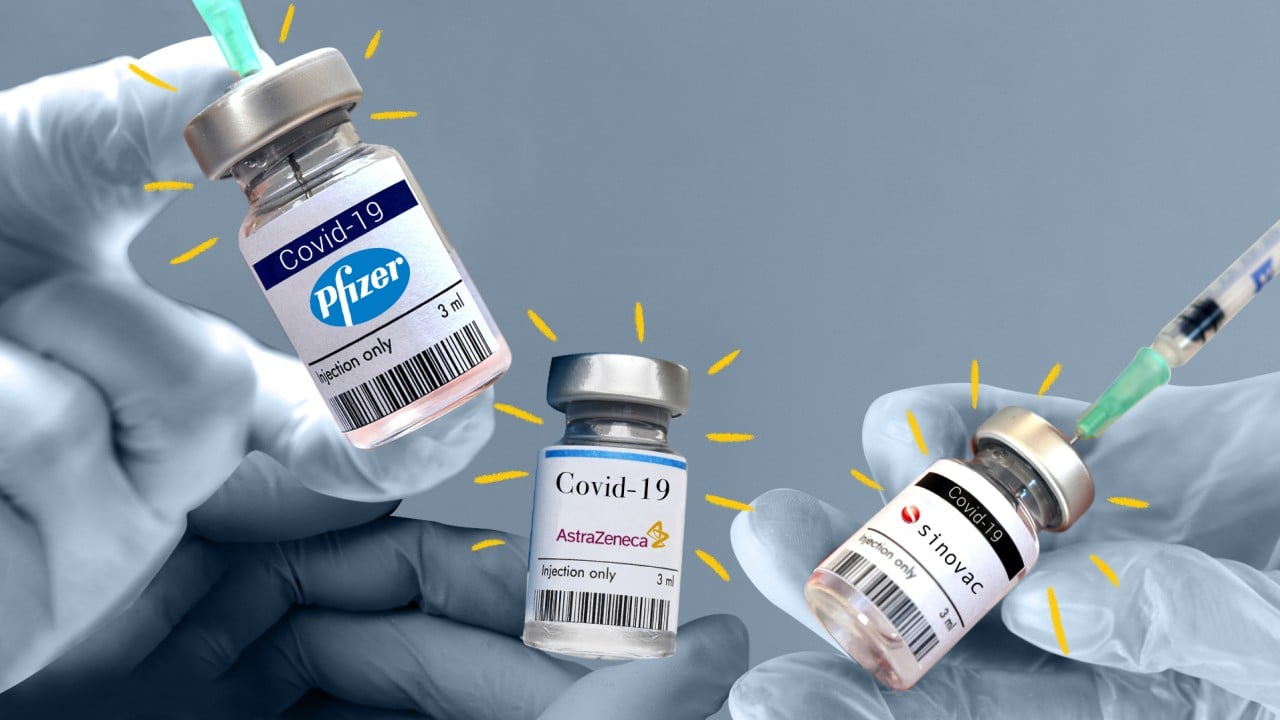Letters | EU scepticism of Russia’s Sputnik V vaccine shows how politics gets in the way of coronavirus fight
- Even though a diverse selection of vaccines is in the public interest, in reality foreign policy seems to play a role in which provider countries select

The hope that the curtain will fall on the Covid-19 pandemic continues in 2021. New vaccines are being developed, a diversity that allows people to choose what they believe would suit them best and avoid potential allergic reactions.
Member countries booked doses of the Pfizer vaccine while it was in development. However, when Hungary expressed interest in ordering the Russian vaccine in November, the European Commission responded with scepticism, saying the vaccine needed to be authorised by the European Medicines Agency. Josep Borrell, the EU high representative for foreign affairs, accused Russia of using false information to sell its vaccine and discrediting Western-made vaccines.

09:50
SCMP Explains: What's the difference between the major Covid-19 vaccines?
So far, the EU has approved only vaccines produced by Western pharmaceutical companies.